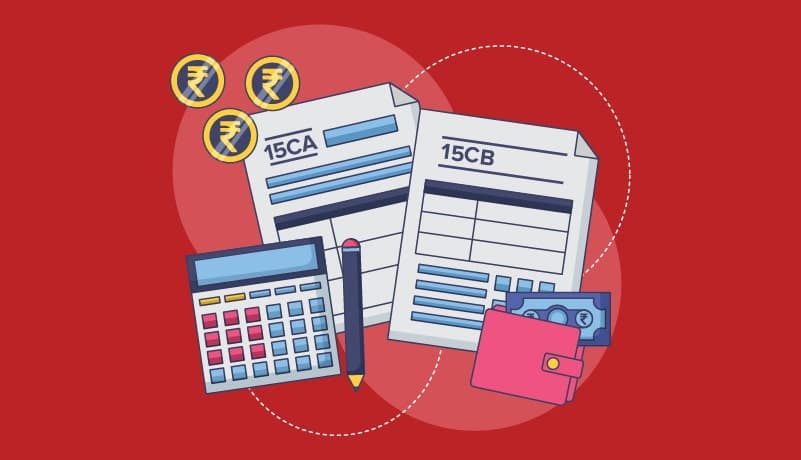What is 15CA?
Form 15CA Form 15CA is a declaration form require by the Indian government for certain types of international transactions involving the transfer of money to non-resident individuals or entities. Here’s an explanation of Form 15CA: 1. Purpose: This is used to provide information about the remittance being made to a non-resident or foreign entity. It… Read More »









